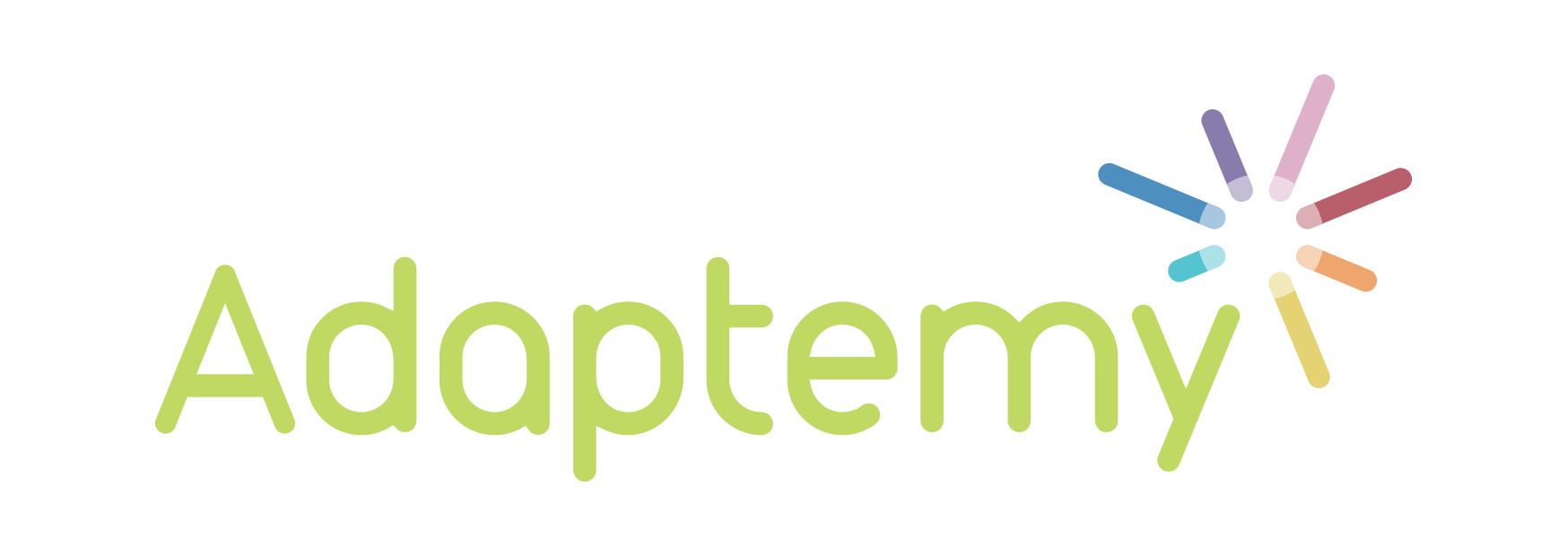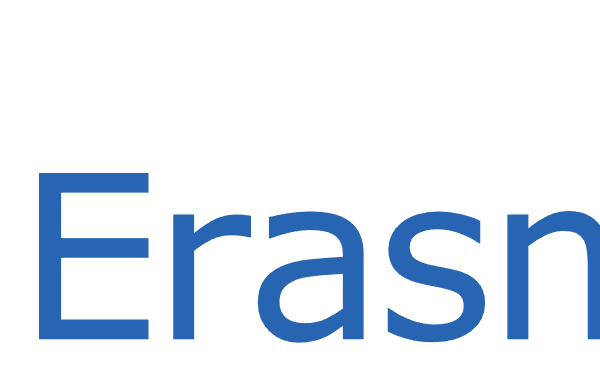
After touching down from a great few days at BETT we wanted to share with you some of our highlights.
When we consider that many children currently in school will go into jobs that don’t even exist yet, we need to know how education providers will prepare them.
This is why events like BETT are paramount. Bringing together teachers, school leaders, decision-makers and thought-leaders to discuss best practices and the best products.
What we took away
Over the course of BETT, we listened to thought-provoking sessions and powerful conversations being had in every corner of the room.
The usual major players (Google, Microsoft, Intel etc.) were there but it was evident that there was a pull-back on flashy stands and a greater focus on the content being produced and shared.
The game-changers of EdTech
Mobile Learning
Google touched the topical subject of mobile learning. They discussed how children need the ability to take the product from classroom to field trip, to home.
The scope of EdTech solutions is not limited to interactive boards in the classroom and we should engage with the rise of tablets and other mobile devices.
Rise of the robots
Despite much excitement about Artificial Intelligence (AI), it remains a topic of controversy.
That being said, any credible EdTech company will tell you education is far too complex for machines to take over … at least in our lifetime.
Rather, AI is providing a basis for EdTech solutions to support the role of the teacher in the classroom, from grading homework and tests to offering the student a personalised learning path to follow until he/she reaches mastery.
The rise of Adaptive Learning was discussed as a more in-depth approach to personalised learning.
As we continue to understand more about machine learning and artificial intelligence and gain better insights into how it can be applied to teaching, it seems the opportunities are limitless.
What is reality?
Virtual and augmented reality have been hot topics, this past year especially. At BETT, we discovered how much impact this technology could have in the classroom.
We appreciated the rise of VR and AR has been a contentious issue. Keeping up with such rapid change is financially difficult for many institutions.
However, many showed that powerful learning tools can help students learn more about the world around them. Teaching new skills and supporting social development through multiplayer experiences. Thus, bridging cultures, communities and ways of life.
Don’t get left behind
Digitising content and preparing content for future generations was a big topic of conversation. In order to remain relevant and flourish within the current and ever-changing business landscape, all businesses (regardless of industry or size), should be looking to digital technologies to future-proof their business.
Textbooks were high on the agenda but, as we have previously discussed, you cannot begin and end the process there if you want to stand out in the market or future-proof your business.
Digital content and adaptive learning solutions empower publishers not only with the data insights to know what and how to improve their content but with the ability to easily and affordably do so while delivering outstanding educational experiences and outcomes.
Connecting
At Adaptemy, we encourage a community approach to Adaptive Learning, by taking advice from other publishers’ experiences and collaborating with other members of the EdTech sphere.
This is why we established ‘The Adaptemy Community’ so customers, users and partners can harness and share experiences.
So we were pleased to see Bett’s new networking tool, Connect@Bett. Bett was clearly the place to conduct business.
Areas were dedicated to collaboration and networking with peers and companies. We hope this is set to continue. We are keen to see what direction the world of EdTech heads in. We predict BETT 2019 will prove to be even more insightful and productive.



